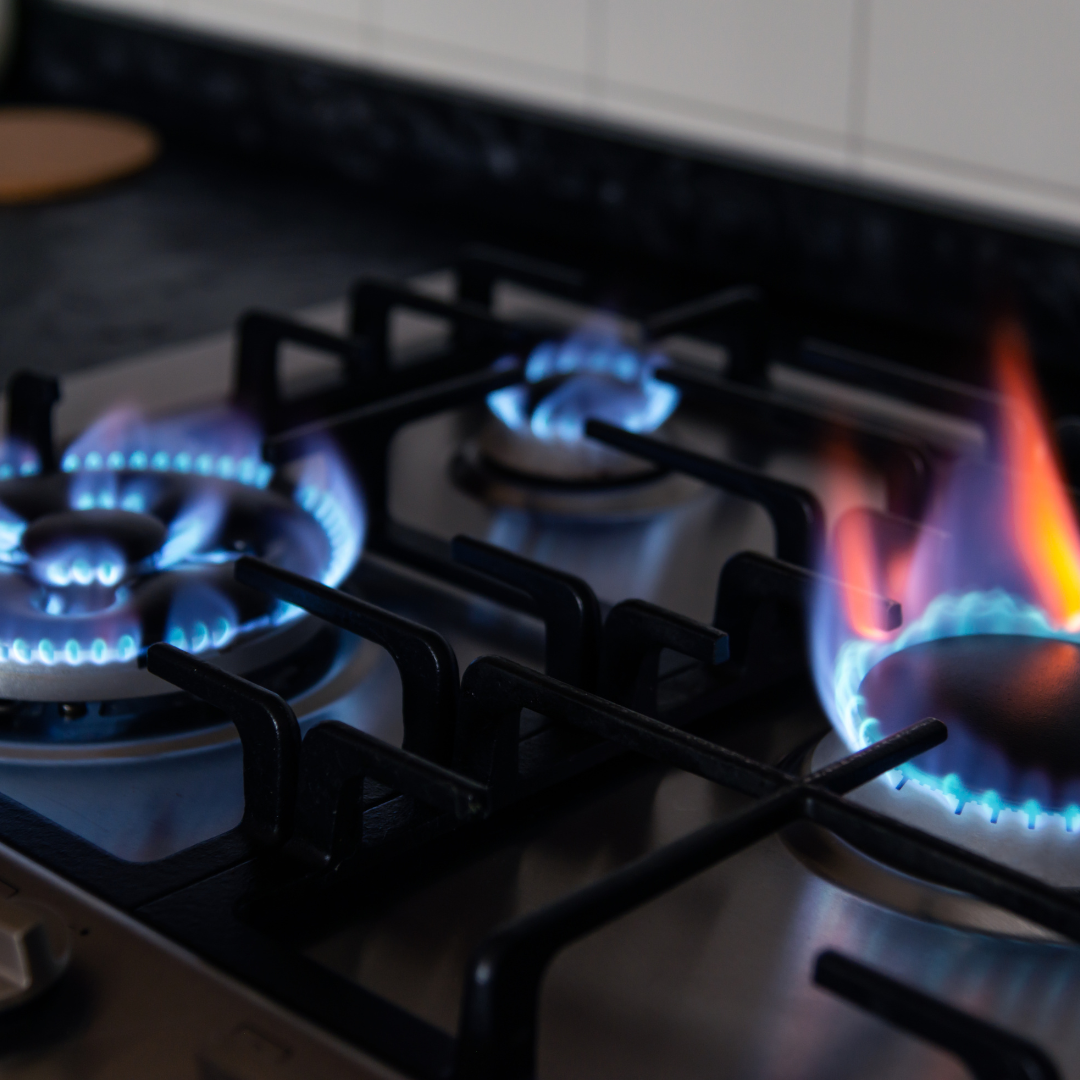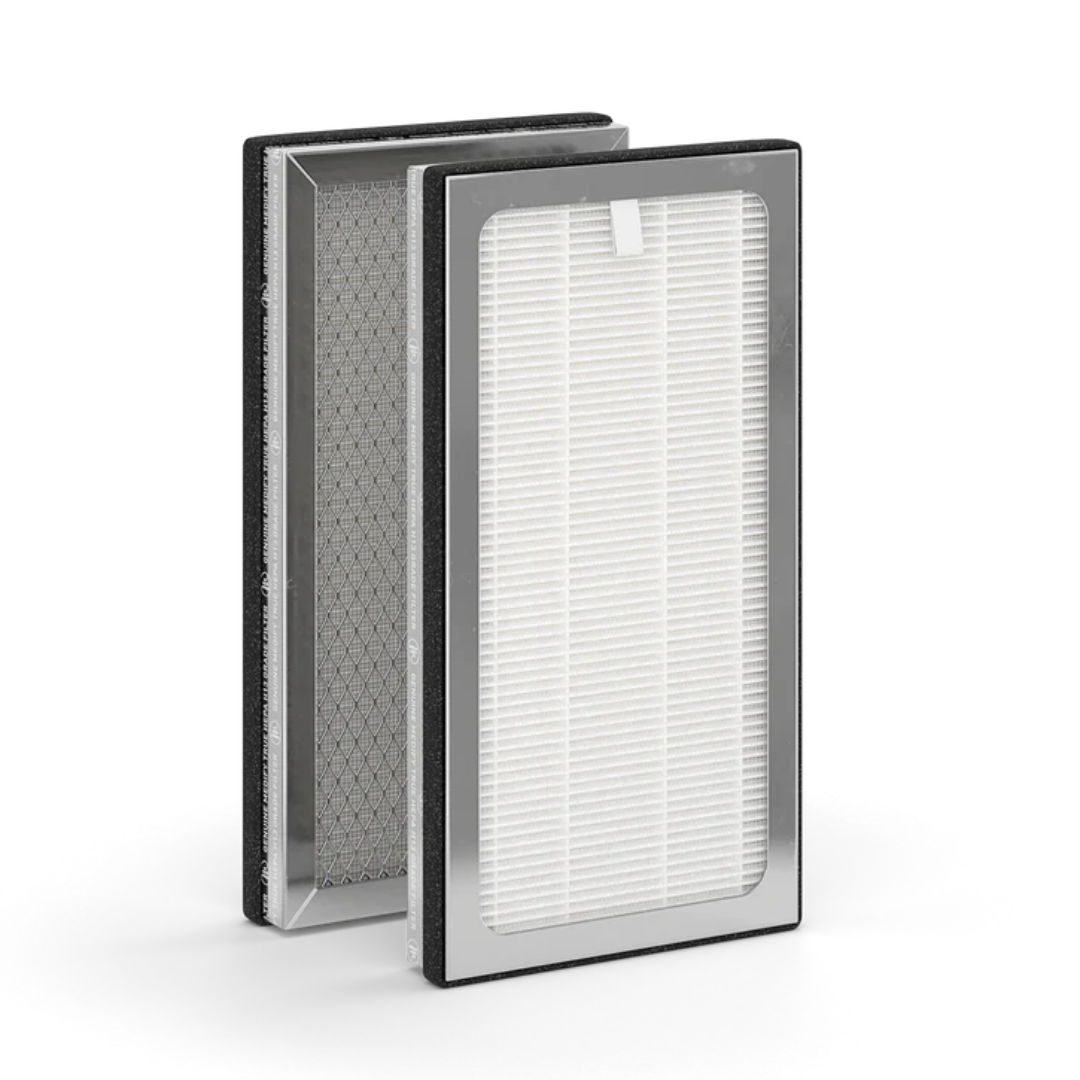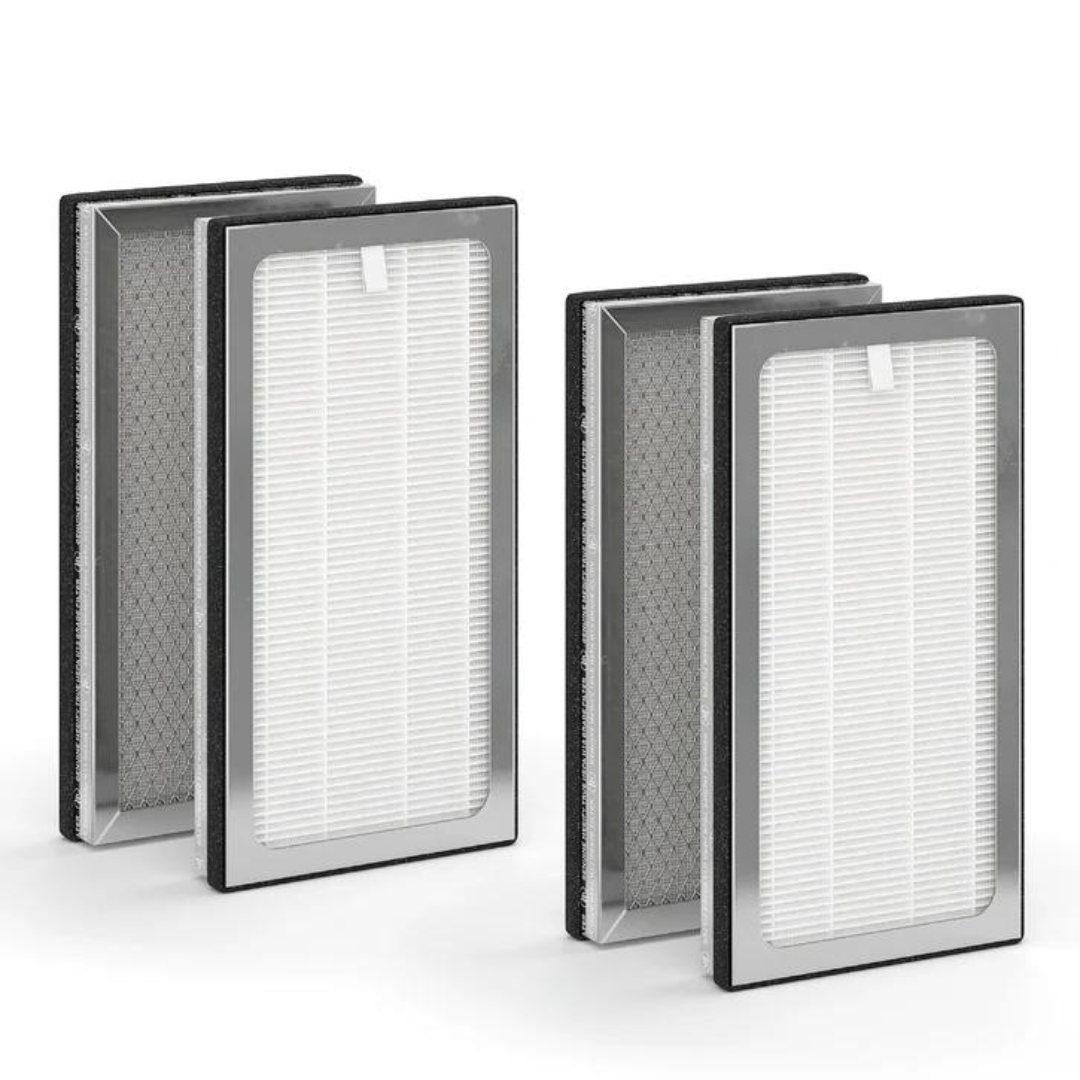Gas stoves are a common kitchen appliance, but they can negatively impact indoor air quality, which may affect your health and well-being. Understanding how gas stoves influence air quality and why an air purifier is essential can help you create a safer and healthier home environment. Here’s an in-depth look at the issue and why investing in an air purifier can be a crucial step.
How Gas Stoves Affect Air Quality
Gas stoves release various pollutants into the air, including:
- Nitrogen Dioxide (NO2): A byproduct of burning natural gas, nitrogen dioxide can irritate the respiratory system and exacerbate asthma and other respiratory conditions.
- Carbon Monoxide (CO): This colorless, odorless gas can reduce the amount of oxygen that enters the body and lead to headaches, dizziness, and even more severe health issues if not properly ventilated.
- Particulate Matter (PM): Cooking with gas can produce fine particulate matter that can penetrate deep into the lungs and contribute to respiratory problems.
- Formaldehyde and Other Volatile Organic Compounds (VOCs): These compounds can off-gas from the stove and cooking processes, potentially causing irritation and health concerns.
Signs Your Air Quality Might Be Affected
- Frequent Respiratory Issues: Persistent coughing, wheezing, or shortness of breath may indicate poor air quality.
- Lingering Odors: Unpleasant smells from cooking can be a sign of inadequate ventilation.
- Visible Smoke or Soot: If you notice smoke or soot in your kitchen, it’s a clear indicator that your gas stove might be polluting the air.
Benefits of Using an Air Purifier
An air purifier can help mitigate the negative effects of gas stove emissions and improve indoor air quality. Here’s how:
-
Reduces Pollutants and Allergens
- True HEPA Filters: Capture 99.9% of airborne particles, including fine particulates and allergens that may be present due to gas stove use.
- Activated Carbon Filters: Effective in absorbing gases and odors, including nitrogen dioxide, carbon monoxide, and VOCs, helping to neutralize unpleasant smells and harmful chemicals.
-
Improves Respiratory Health
- Prevents Exacerbation of Asthma: By removing pollutants that trigger asthma symptoms, an air purifier helps create a healthier breathing environment.
- Reduces Symptoms of Allergies and COPD: Helps alleviate symptoms related to poor air quality, such as coughing and shortness of breath.
-
Enhances Overall Comfort
- Cleaner Air: Provides a noticeable improvement in air quality, making your home more comfortable and pleasant.
- Odor Control: Helps in eliminating lingering cooking odors, ensuring your kitchen and living spaces smell fresh.
Choosing the Right Air Purifier
When selecting an air purifier to combat the effects of gas stove emissions, consider the following:
- Filter Types: Opt for models that feature both true HEPA filters and activated carbon filters for comprehensive air purification.
- Room Size: Choose an air purifier with sufficient coverage for your kitchen and adjacent areas to ensure effective air cleaning.
- Noise Level: Look for models with quiet operation to avoid adding unnecessary noise to your home environment.
Recommended Models:
- Medify Air MA-15: Offers both true HEPA and activated carbon filters, ideal for medium-sized kitchens and living spaces. Its quiet operation and effective filtration make it a great choice for reducing indoor pollutants.
- Medify Air MA-25: Suitable for larger spaces, this model combines dual true HEPA filters with an activated carbon filter for robust air cleaning and odor removal.
Additional Steps to Improve Air Quality
In addition to using an air purifier, consider these tips to further enhance indoor air quality:
- Ventilation: Ensure proper ventilation in your kitchen by using exhaust fans or opening windows when cooking to help dissipate pollutants.
- Regular Maintenance: Keep your gas stove and other appliances well-maintained to reduce the amount of emissions they produce.
- Clean Regularly: Regularly clean your kitchen and cooking surfaces to prevent the buildup of soot and residues.
Gas stoves can contribute to poor indoor air quality, potentially affecting your health and comfort. Investing in a high-quality air purifier with true HEPA and activated carbon filters is an effective way to address these concerns and improve the air you breathe. By choosing the right air purifier and implementing additional air quality improvements, you can create a healthier, more enjoyable living environment in your home.



